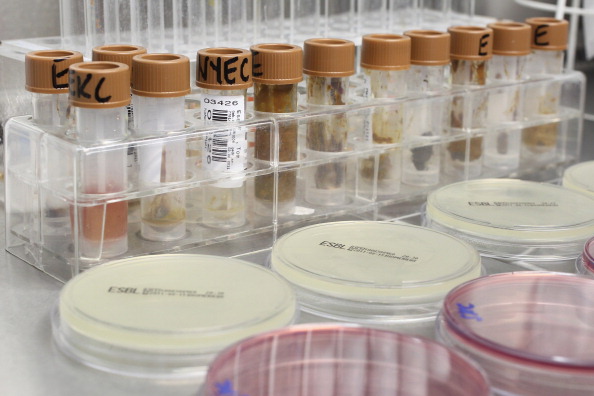
Promising results were found by a new study that identified a number of genes that are linked to aging. After 10 long years of extensive research, scientists at the Buck Institute for Research on Aging and the University of Washington were able to prolong the lifespan of cultured S. cerevisiae yeast cells after deleting these genes in the species' genome.
Buck's Institute's President and CEO Brian Kennedy, Ph.D. was the principal author of the research. He said in the press release of BIRA that their investigation was directed to the whole genome of the organism in which they searched for existing genes that influence its lifespan. This approach allowed the researchers to understand the molecular mechanism behind aging and, if possible, manipulate these genes in order to reverse or at least slow down this natural process.
Exactly 4698 strains of yeast were examined through a microscope. Each of the strains was assigned a corresponding gene that was deleted in their whole genetic code, after which, all the cells were allowed to grow and divide as much as they could. All the daughter cells produced for each strain were then separated from their mother cell using tiny needles and were counted accordingly to track replicative lifespan.
A total of 238 genes were found to be significantly responsible for ageing in yeast, which when removed, extended the lifespan of the strains. It is the first time that 189 of these genes were identified, adding to the rest that were already proposed in previous studies.
Their findings also highlighted the LOS1 gene, which when deleted, did not hinder DNA damage control. As caloric restriction also helps increase lifespan, LOS1 might also be playing a key role in this process.
Moreover, some of the identified genes were also found in C. elegans roundworms, giving us a strong possibility that these high-valued genes are also conserved in humans.
"Almost half of the genes we found that affect aging are conserved in mammals," Dr. Kennedy said. "In theory, any of these factors could be therapeutic targets to extend healthspan. What we have to do now is figure out which ones are amenable to targeting."
The paper was published in the journal Cell Metabolism.
